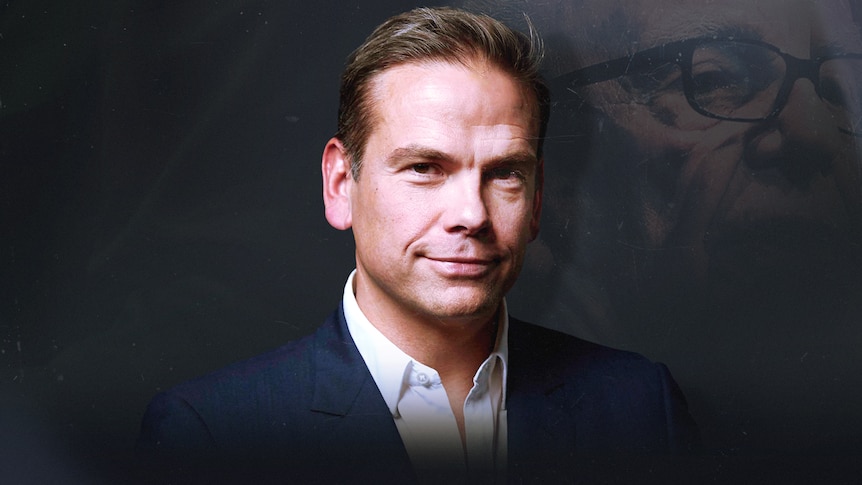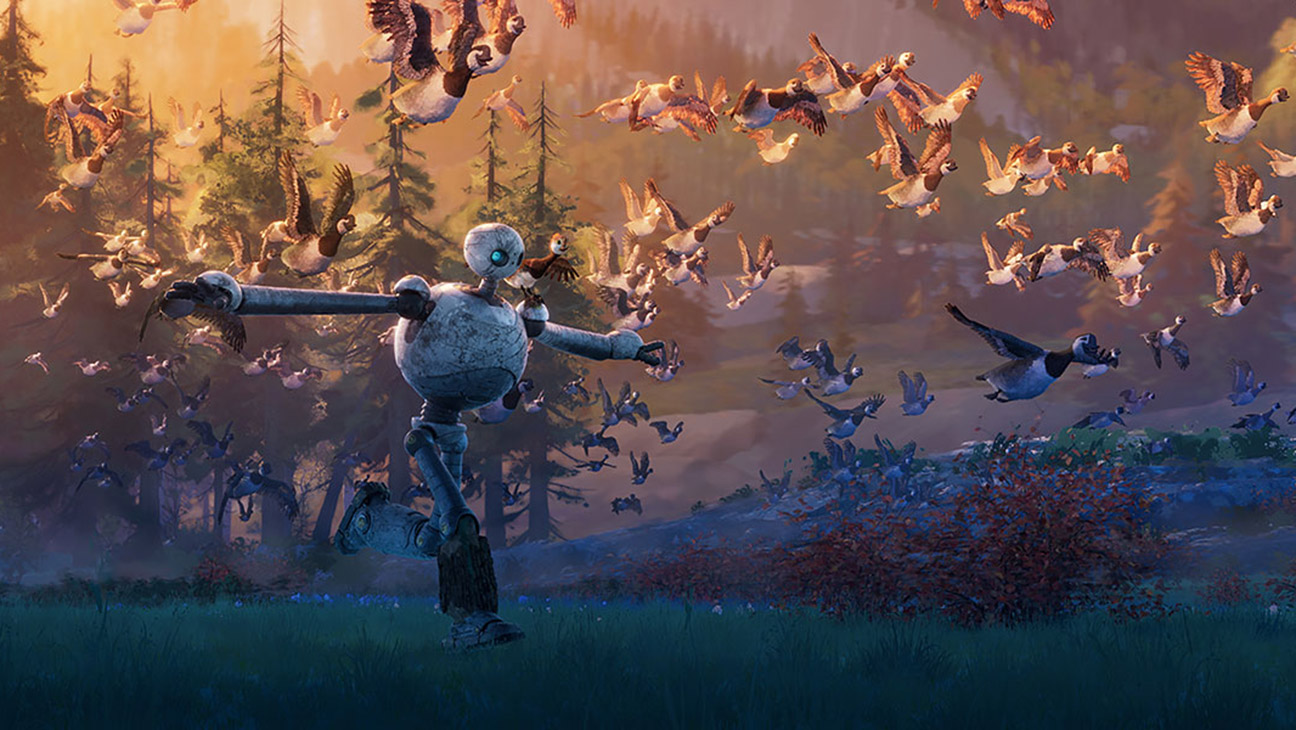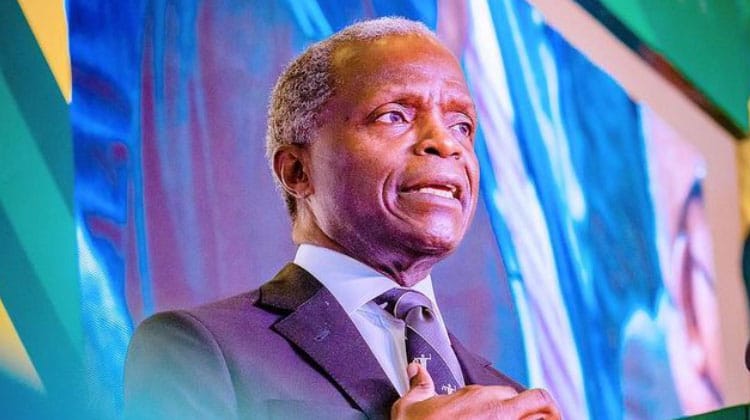Lachlan Murdoch has felt under attack his whole life. Even before he was born, two men tried to kidnap his mother, Anna, in London. They took the wrong woman by mistake and her murder cast a pall over the Murdoch family’s few years in Britain in the early 70s. When he was barely five, and the family had relocated to America, Time Magazine depicted his father Rupert as King Kong atop the World Trade Centre, taking New York media by storm. “There was a little biplane trying to shoot him down,” he recalled in a 2001 interview. “That was the first, probably the first memory that I have that, you know, the other dads at school weren’t on the cover of Time magazine portrayed as this monster.” As a result, Lachlan Murdoch — like the rest of his family — has built up some serious defences. If not a bunker mentality, there are at least some very thick walls around the man who, since Rupert retired last September, has emerged as one of the most powerful Australians in the world. In a landmark series for Australian Story, we have tried to solve the mystery of who Lachlan Murdoch is. How will he be different to his father, perhaps the most influential Australian yet born, and how is he the same? According to Mike Biard, an executive at Fox Corporation for two decades, Lachlan Murdoch has grown up with criticism and deals with it by ignoring it: “He sticks to his guns. Whatever he thinks is the right decision, he’s going to stick to it.” A self-described introvert, Lachlan Murdoch is content – in fact, determined – to keep himself hidden, and rarely, if ever, shares his personal or political views with the public or even his own employees. That posed a challenge for me as a journalist, embarking on the first unauthorised biography of Lachlan Murdoch, The Successor, almost four years ago. It took two years to write and publish, and he refused to be interviewed. I couldn’t work out why. The heir to one of the most powerful media empires the world has seen had little to fear from a book that would sell thousands of copies at best. As I often said at the time, I’ve got the popgun; he’s got the howitzer. Lachlan Murdoch is intensely private, deeply protective of his family, and resentful of media intrusion into his personal life. His inner circle says that rather than being fearful of scrutiny, he simply prefers not to put his views out there in case they are parroted around his media empire, inhibiting the diversity of opinion. Two decades ago, he was happy to do a long sit-down interview and would talk openly about his family history. Nowadays, he is less patient with the journalistic fray, resentful of media scrutiny, and defensive about the empire he now runs. I was certainly on notice that Lachlan would be ready to retaliate if he thought I got anything wrong in the book. I already knew that, unlike his father, Lachlan was not averse to suing journalists. Eyebrows were raised at the end of 2021 when eminent defamation barrister Sue Chrysanthou turned up at the annual Christmas party Lachlan and his wife Sarah host at their Bellevue Hill compound — one of the hottest tickets on Sydney’s social calendar. An item quickly appeared in the Nine newspapers’ gossip column, speculating that she had been retained to deal with my biography. (As it turned out, Chrysanthou would soon have her work cut out for her in another defamation case, which Lachlan later brought unsuccessfully against news website Crikey.) I rang Lachlan’s representatives, asking, “Do I need to sell my house?” They assured me Chrysanthou’s retention had nothing to do with the book, but I remained nervous. What is Lachlan’s legacy? Lachlan Murdoch is the 800-pound gorilla of the Australian media, and now a significant player on the world stage, recently meeting British Prime Minister Keir Starmer, Israeli Prime Minister Benjamin Netanyahu and Ukrainian President Volodymyr Zelenskyy. And his influence is undoubtedly felt in America, where his right-leaning Fox News remains the dominant cable channel. President Joe Biden once described Rupert Murdoch as the “most dangerous man on earth” and some Democrats believe Lachlan Murdoch is even more dangerous. But it’s in Australia, one of the most concentrated media markets in the world, that the Murdochs’ influence is felt most acutely. Rupert, it seems, no longer comes here: he missed the funeral for his sister Anne in 2022 and this year twice cancelled planned visits to celebrate the 60th anniversary of The Australian – the only remaining masthead he created from scratch. At the age of 93, the naturalised American has lost touch with the country of his birth, even though he is still well enough to marry for a fifth time and was recently spotted in Milwaukee at the Republican National Convention. The head of the Murdoch family business here is Lachlan, born in England, raised in America, but for whom Australia is definitely home. And he still strikes fear into the hearts of political and business leaders, even as the power of legacy media businesses worldwide fades as digital platforms such as Facebook and Google hoover up revenue. News Corporation in Australia is under enormous pressure, and Lachlan Murdoch is the last man standing, staring over the precipice as the empire founded by his father and grandfather a century ago teeters. Rupert Murdoch famously had the ability to “see around corners” in media and technology. What does Lachlan see? Notwithstanding Lachlan Murdoch’s refusal to take part in our series, we have embarked on a mission of understanding, reaching out to friends, colleagues past and present, and media commentators in Australia and around the world. Because Lachlan Murdoch is so powerful, and is said to have a talent for vengeance, it is hard to find people who are willing to go on camera to talk about him. He dictated that no serving director or employee of Fox or News Corporation should participate in our series, although behind the scenes certain friends and business associates including former footballer Ian Roberts, James Packer, racing and Rugby League boss Peter V’Landys and family friend Mark Burrows were encouraged to talk to the ABC. For Lachlan Murdoch’s critics, there is a level of fear that, given his willingness to sue, is unsurprising. There is too much hate and polarisation in the media – here and in America – just as there is too much polarisation in our political debates. Blame social media. Blame cable television. Even blame the Murdochs, if you like. As I see it, the job of journalists is not to apportion blame but to report the truth as they find it. Through dozens of interviews with those who’ve known him and observed him over the decades, I’ve tried to understand how Lachlan’s family history has shaped his outlook, what drives him, what he believes in and how he sees the media’s role at a point in history where democracy is under threat. It’s an ongoing quest. I’ve written Lachlan’s biography, hosted the podcast series Rupert: The Last Mogul, and now made three episodes for Australian Story. I’m also working on a PhD thesis, A Century of News Corp in Australia, researching company archives and doing oral history interviews. All these projects dig into the same over-arching questions. What comes after Rupert? What is Rupert’s legacy? And what will his retirement and eventual death mean for what remains of his media empire? For Australia? For America? For democracy? For the planet? Who is Lachlan and, having finally taken over from his father, what will he do? This is a subject that deserves to be taken seriously. There are plenty of haters and ranters online, but few are taking the time to think, dig, ask the hard questions, and trying to keep up as the media industry collapses and dissolves, transforms, develops and rebuilds in real-time before our eyes. Making Lachlan Murdoch is our attempt to get to the best obtainable version of the truth about this powerful but enigmatic figure. Lachlan Murdoch and members of the Murdoch family did not accept our requests for an interview. ABC iview Loading…
Subscribe
Login
0 Comments


